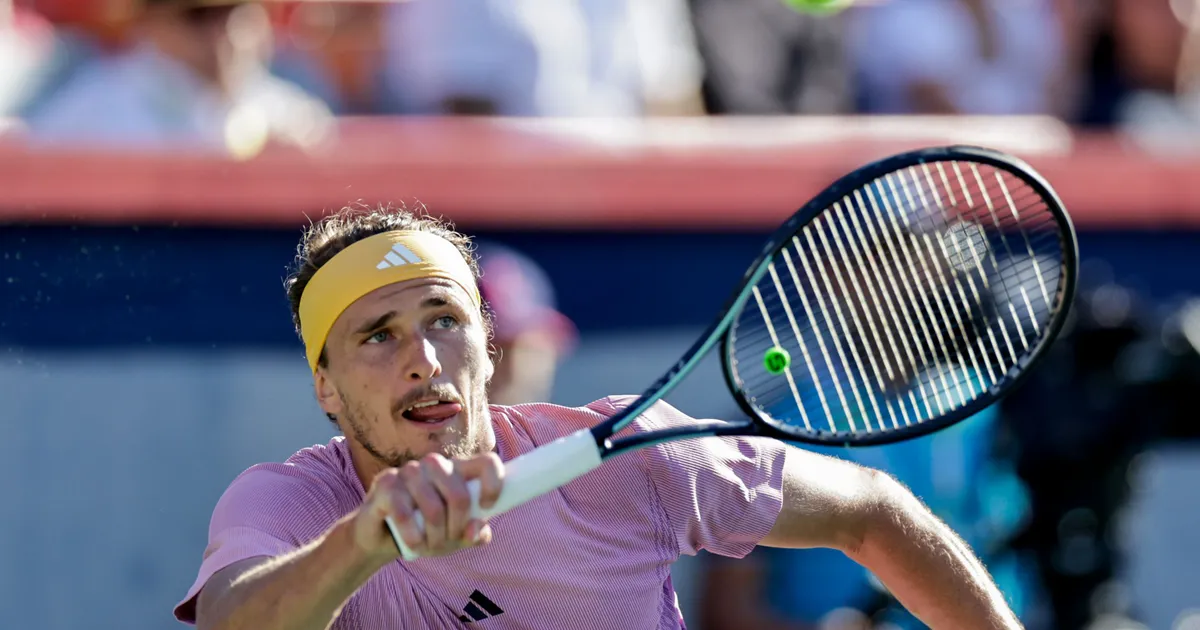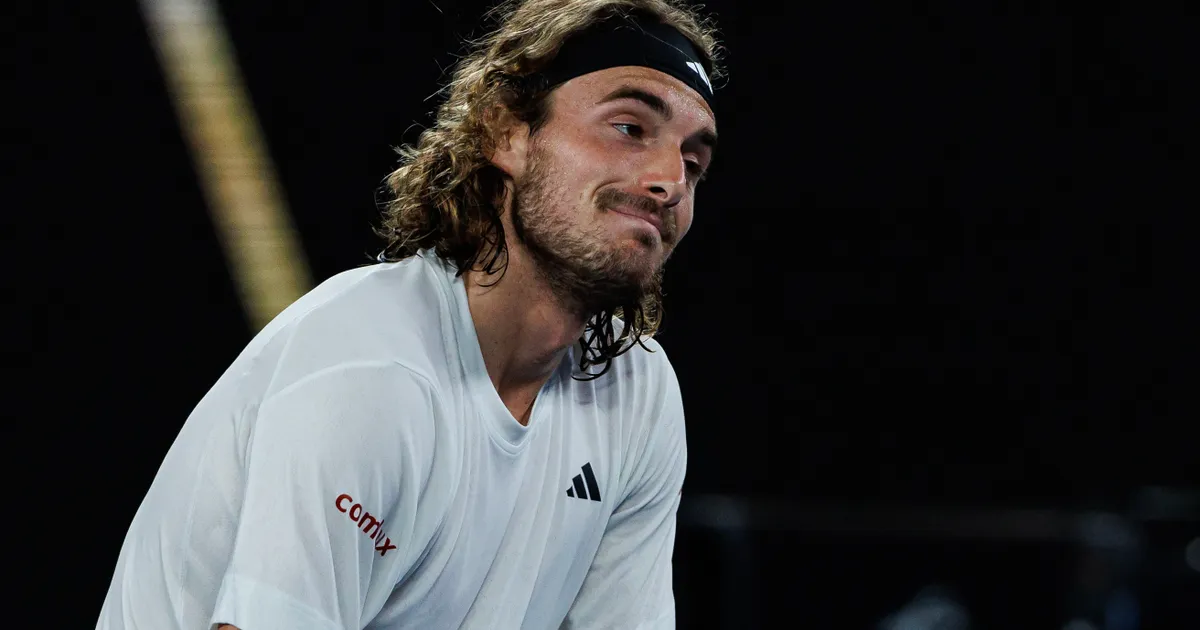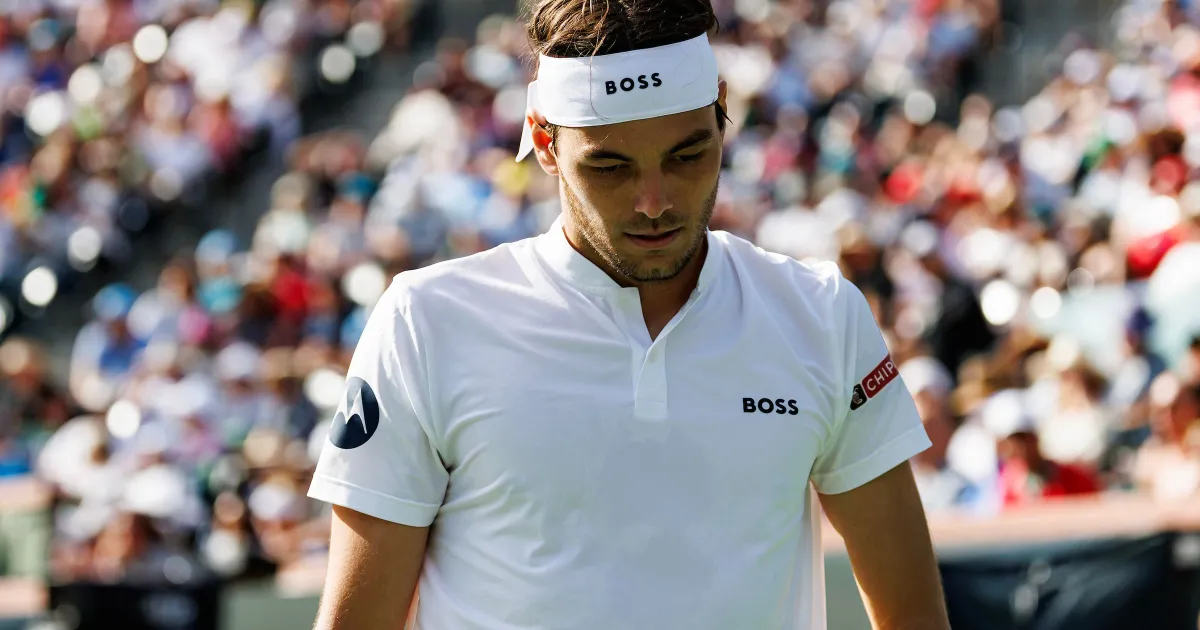The 2025 Swiss Open in Gstaad faced a notable disappointment with the withdrawal of Alexander Zverev from its entry list. The German, currently ranked No. 3 in the world, was anticipated to be the event’s major attraction, a compelling draw for the ATP 250 tournament that is rare when top five players compete in the clay-court series following Wimbledon.
Zverev, known for his affinity for clay courts and previously expressing his hope that the French Open would be his springboard to a Grand Slam title, surprised many by initially entering the Swiss Open. However, as confirmed on Friday, Zverev has opted out of the competition, citing “personal reasons” without delving into specifics.
This development follows the German’s unexpected first-round defeat at the 2025 Wimbledon Championships, where he lost to Arthur Rinderknech in a match that lasted over five hours. Grass is traditionally not Zverev’s preferred surface, but he was still a heavy favorite for that encounter.
Interestingly, during the post-match press conference after his Wimbledon exit, Zverev made some candid remarks about his emotional state. He acknowledged having faced mental health struggles, even considering consulting a therapist to help him navigate these challenges. His openness about mental health issues resonated deeply, leading to a wave of support from fellow players. Aryna Sabalenka suggested he communicate his feelings, while close friend Novak Djokovic recommended taking some time off to recover from the rigors of the tour.
Zverev’s situation reflects a broader trend in professional tennis, where players, including Stefanos Tsitsipas, have begun to openly address the mental pressures they encounter. Tsitsipas recently shared his own battles with anxiety and stress management, which may have been exacerbated by his personal life, notably due to his split with Paula Badosa.
Moreover, Goran Ivanisevic, who recently took over as Tsitsipas’ coach, made controversial comments regarding the Greek’s readiness, criticizing his physical condition after Tsitsipas retired from Wimbledon due to injury. It remains uncertain how this public critique will affect their coaching relationship.
As the tennis world watches closely, Zverev’s absence not only impacts the Swiss Open but sparks important conversations regarding mental health in sports, demonstrating that even the most elite athletes are not immune to personal struggles. Only time will tell how Zverev navigates his current challenges and whether he will return to the court rejuvenated.



